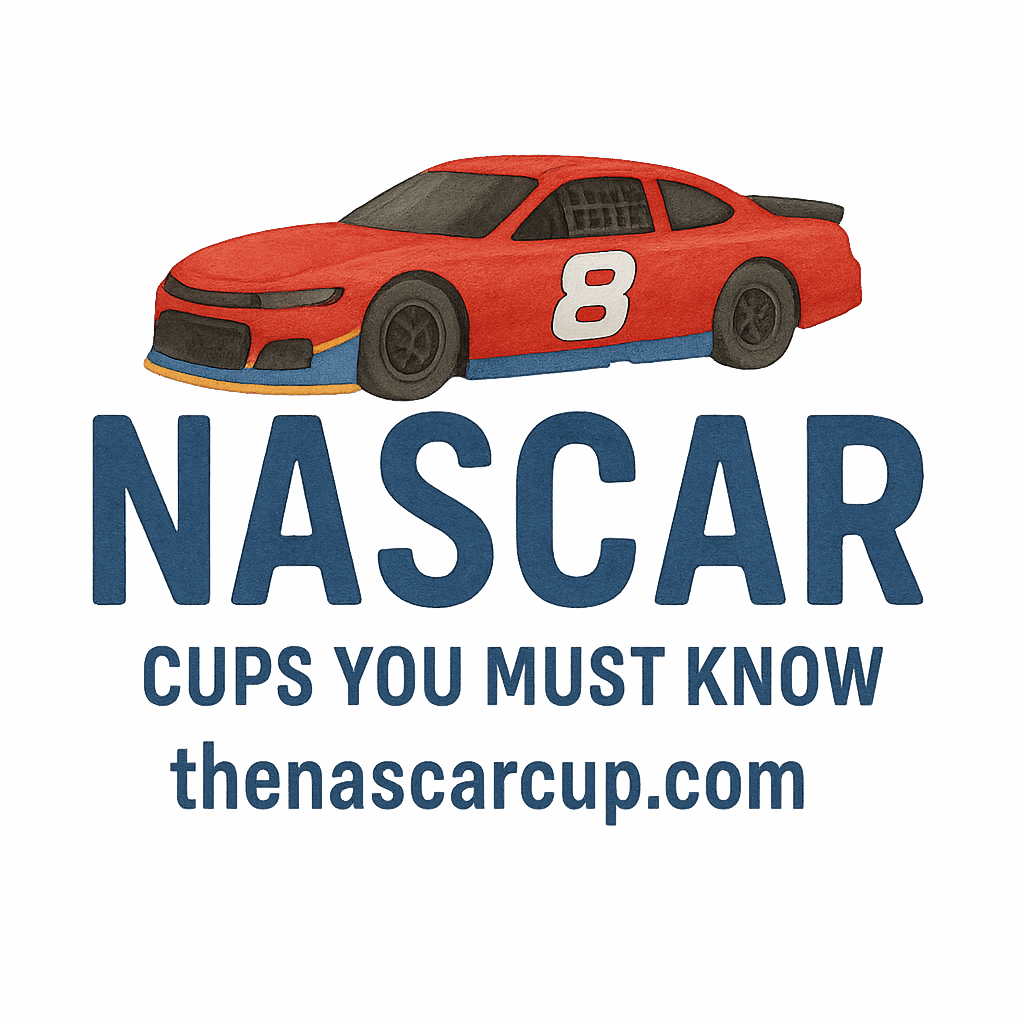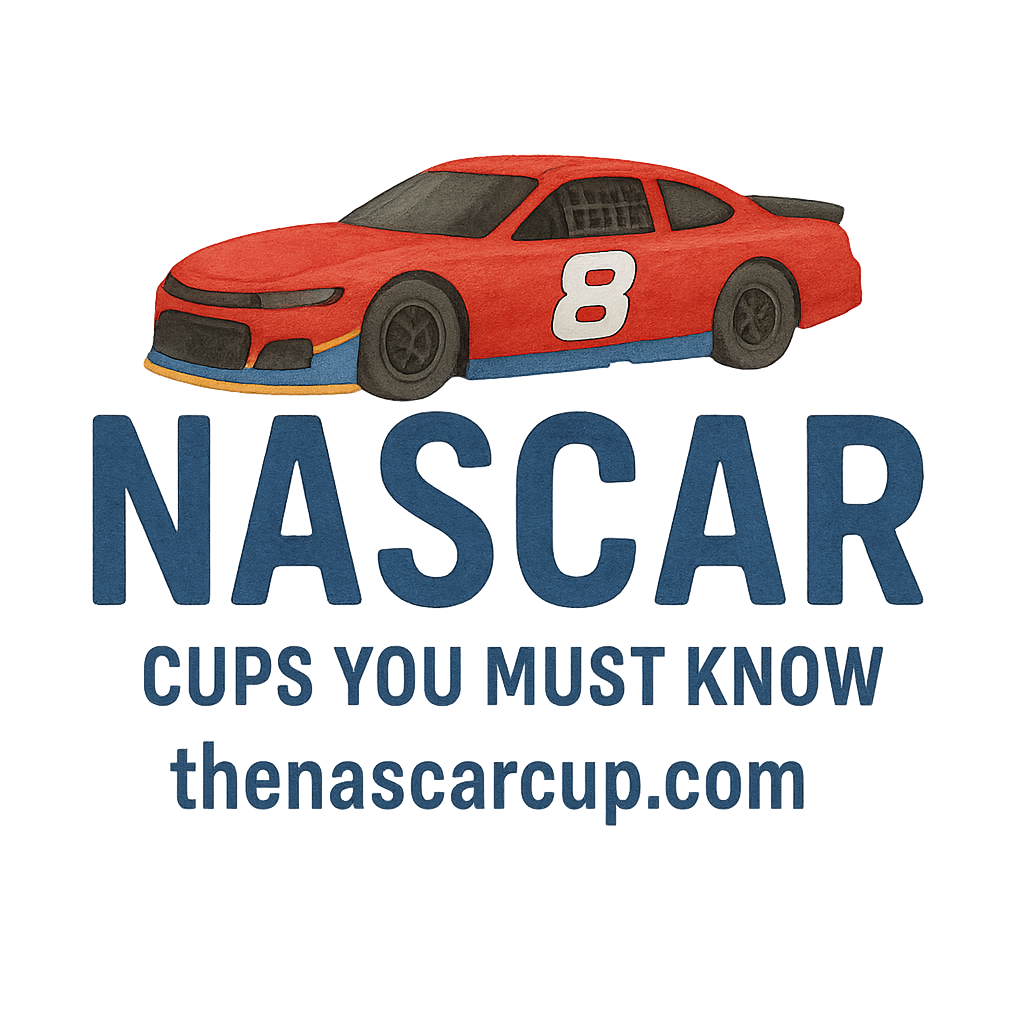Introduction
In NASCAR, a team’s success is not just determined by the driver’s ability to race but also by the genius behind the scenes: the crew chief. Crew chiefs are responsible for the race strategy, car setup, and making crucial decisions during a race. Their influence on the outcome of a race cannot be understated. This article will delve into 9 Crew Chiefs Who Changed NASCAR Cups Strategy Forever, examining how their innovative approaches helped shape the sport and led to remarkable victories.
The Role of Crew Chiefs in NASCAR
Crew chiefs are vital to the success of any NASCAR team. They not only manage the crew but also serve as the brains behind the car’s setup and race strategy. Their decisions on pit stops, tire changes, fuel management, and adjustments during the race often determine the outcome.
Importance of Crew Chiefs
Without a crew chief, a NASCAR team would struggle to stay competitive. The crew chief has to read the track, the race, and the competition, making split-second decisions that can make or break a race. It’s not just about tuning the car but also about leading the team effectively and using data to predict the right moment for changes.
How Crew Chiefs Influence Strategy
Crew chiefs are constantly in communication with the driver and the team, tweaking the car based on race conditions. They call the shots on everything from tire pressure to how the car is balanced. These decisions often require a deep understanding of the track, race conditions, and the team’s strengths and weaknesses. They might even have to call for an unorthodox strategy to beat the competition, which is what makes them so important in the NASCAR world.
1. Ray Evernham
Changing the Game with Jeff Gordon
Ray Evernham is often regarded as one of the most revolutionary crew chiefs in NASCAR history. Partnering with Jeff Gordon in the 1990s, Evernham introduced a new era of teamwork and strategy. Their success was unparalleled, with Gordon winning four championships under Evernham’s guidance.
Evernham’s Role in the 1990s Dominance
Evernham’s meticulous attention to detail and bold strategy calls helped turn the #24 car into one of the most dominant forces in NASCAR. His technical expertise and ability to adapt to changing race conditions made him a game-changer in the sport.
2. Chad Knaus
Revolutionizing Jimmie Johnson’s Team
Chad Knaus, alongside driver Jimmie Johnson, is one of the most successful crew chief-driver partnerships in NASCAR history. Knaus played a key role in Johnson’s seven championships and is known for his innovative strategies and meticulous car setups.
Strategic Mastermind Behind the 7 Championships
Knaus’s success was built on a deep understanding of race dynamics, car technology, and team management. His ability to craft race-winning strategies and make real-time adjustments during a race helped propel Johnson to an unparalleled level of success.
3. Dale Inman
The Legacy of Richard Petty’s Crew Chief
Dale Inman’s partnership with Richard Petty is one of the most iconic in NASCAR history. Inman was the mastermind behind Petty’s seven championships, and his role in shaping the Petty team’s strategy during the 1960s and 1970s was pivotal in NASCAR’s early evolution.
Creating the Formula for Success
Inman was known for his ability to adjust car setups during races and anticipate changes in track conditions. His keen insights and leadership helped Petty become one of NASCAR’s most legendary figures.

4. Steve Letarte
From Jeff Gordon to Dale Earnhardt Jr.
Steve Letarte’s tenure as crew chief for Jeff Gordon and later Dale Earnhardt Jr. marked a significant shift in NASCAR’s approach to race strategy. Letarte was known for his adaptability and his strong rapport with his drivers.
The Modern Approach to Crew Chiefing
Letarte embraced a more data-driven, communication-based approach to race strategy. He valued constant feedback from the driver, which allowed him to make timely adjustments and keep his teams competitive throughout the season.
5. Bob Osborne
The Roush Fenway Era
Bob Osborne was a central figure in Roush Fenway Racing, where he worked as the crew chief for Carl Edwards. Osborne’s technical expertise and strategic acumen helped shape Edwards’ career and brought him to the forefront of NASCAR during the 2000s.
How Osborne Shaped Carl Edwards’ Career
Osborne’s ability to make quick decisions and adjust the car setup for various race conditions helped Edwards secure multiple wins, with the duo often competing for championships in the ultra-competitive NASCAR Cup Series.
6. Greg Ives
Leading Dale Earnhardt Jr. to Success
Greg Ives’ partnership with Dale Earnhardt Jr. was a game-changer. He helped Earnhardt Jr. break through his winless streak and led him to some of his most memorable victories.
Ives’ Impact on Pit Stops and Strategy
Ives was known for his strategic calls during races, especially during pit stops. His ability to think on his feet and make the right decisions during high-pressure moments helped Earnhardt Jr. regain his competitive edge.
7. Todd Parrott
The Crew Chief Who Helped Dale Jarrett Win the 1999 Championship
Todd Parrott played a pivotal role in Dale Jarrett’s 1999 NASCAR Cup Series championship. Parrott was known for his innovative strategies and leadership on the pit crew.
Todd Parrott’s Influence in the Late 90s
Parrott’s role in the #88 team was critical during one of NASCAR’s most competitive eras. His ability to work with Jarrett to fine-tune the car’s setup helped the team secure multiple wins and a championship.
8. Paul Wolfe
The Strategist Behind Brad Keselowski’s Championships
Paul Wolfe is widely regarded for his strategic prowess with Brad Keselowski’s team. Wolfe was instrumental in Keselowski’s 2012 Cup Series championship, using a combination of race strategy and crew management to secure victory.
Wolfe’s Winning Formula
Wolfe’s ability to communicate effectively with Keselowski and adjust strategy mid-race allowed their team to dominate on various tracks. His leadership was integral in making the team a championship contender for multiple years.
9. Richard Childress
From Driver to Team Owner and Crew Chief
Richard Childress’ impact on NASCAR extends far beyond his time as a driver. As the owner of Richard Childress Racing, Childress played a central role in shaping the team’s strategy and success.
The Evolution of Childress’ Winning Strategy
Childress was known for his hands-on approach to crew management and race strategy. His ability to spot talent and make decisions on the fly allowed RCR to remain competitive for decades.
Conclusion
Crew chiefs play an indispensable role in NASCAR’s success. They are the strategists who ensure that drivers have the best setup and race plan possible. The nine crew chiefs featured in this article each changed the sport in their own way, leaving an indelible mark on NASCAR’s history.
FAQs
- Who was the most influential crew chief in NASCAR history?
- Ray Evernham is often considered the most influential crew chief due to his groundbreaking work with Jeff Gordon in the 1990s.
- What role does a crew chief play in a NASCAR team?
- A crew chief is responsible for race strategy, car setup, and decision-making during races.
- Can a crew chief win a race without a great driver?
- While a great crew chief can improve a team’s chances, a skilled driver is also essential for winning races.
- How has NASCAR changed due to crew chiefs?
- Crew chiefs have introduced more sophisticated strategies, data analysis, and race planning, elevating the sport’s competitiveness.
- Which crew chief has the most NASCAR championships?
- Chad Knaus, with Jimmie Johnson, holds the record with seven championships.
- What are some of the most famous crew chief-driver relationships?
- Some famous pairings include Ray Evernham with Jeff Gordon, and Chad Knaus with Jimmie Johnson.
- How do crew chiefs make strategic decisions during a race?
- Crew chiefs rely on data, driver feedback, and experience to make decisions about tire changes, fuel strategy, and car adjustments.


